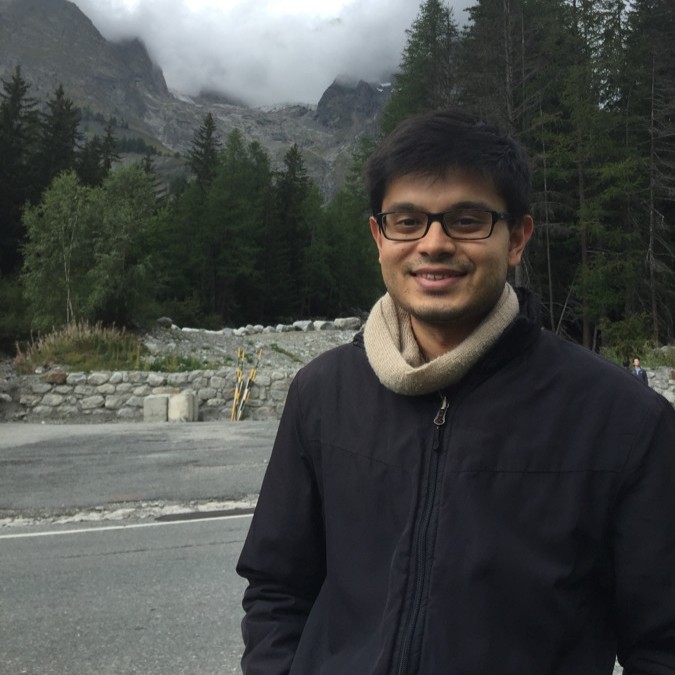2022 CDA Scholarship Recipients provide Thanks to CDA
Print this Article | Send to Colleague
Nahyan Rana
As the recipient of the 2022 Gary Salmon Memorial PhD Scholarship, I want to express my sincerest gratitude to the Canadian Dam Association (CDA) for having selected me for this prestigious award. I also thank the donors that provided the financial support to this award, which included CAD 5,000 and a sponsored trip to the 2022 CDA Conference in the beautiful east-coast city of St. John’s, Newfoundland and Labrador. The scholarship has served as motivation and inspiration for my graduate-level research in the field of mine waste (tailings) dam safety.
My PhD program, which forms an integral part of the CanBreach collaboration project (https://www.canbreach.ca/), involves the study of tailings dam failures via empirical-statistical approaches and remote sensing methods. My contributions have included (i) new comprehensive geo-databases of tailings dam failures and their downstream impacts with satellite images, (ii) new empirical relationships to help predict the breach-runout behaviour of tailings dams, (iii) a more accurate estimation of the true number of tailings dams, and (iv) a comparison between the failure rates of tailings dams versus water-retention dams. Currently, I am using satellite InSAR technology to perform ground-truth assessments and forensic case history investigations. The CDA Scholarship has been directly supporting this ongoing study. Furthermore, my sponsored trip to the 2022 CDA conference in St. John’s allowed me to communicate my research to industry experts and invite new collaborators into my InSAR study.
This is a challenging time for the mining industry, which has experienced a number of high-profile incidents recent years. Yet, mining remains a key cornerstone of the world economy, especially given the emerging green/renewable economy and the resulting demand for critical minerals. By improving the state-of-the-art in tailings dam monitoring and breach-runout modelling, tailings management can become a safer, more sustainable practice. Graduate-level scholarships can be important catalysts in driving high-quality, technical research in order to address these global-scale problems. The CDA Scholarship has been instrumental in this regard, and I hope to see future graduate students in the field of dam safety being inspired and motivated by this award in the years to come.
Sincerely,
Nahyan M. Rana, G.I.T
PhD Candidate, Engineering Geology & Remote Sensing (Tailings Dams)
University of Waterloo, Ontario, Canada

Micah May
I would like to thank the Canadian Dam Association for supporting my research endeavours by awarding me the Student Award of Merit Scholarship and by enabling me to partake in this year’s CDA conference in St. John’s, NL, where I was able to connect with many inspiring professionals from the dam industry.
This award will help as I work on my thesis that is focusing on advancing the use of revegetation as a method for large-scale erosion control to improve soil stability and biodiversity along the drawdown zone of the Williston Reservoir in northern BC. My research is seeking to help address some of the long-lasting impacts of hydroelectric generation, recognizing the importance of this form of energy generation, while also acknowledging the socio-ecological impacts large hydro projects can have on local communities and environments. As part of my research, we have developed a strategic partnership between the University of Victoria, Tsay Keh Dene Nation, and BC Hydro to provide an interdisciplinary approach for decision-making regarding vegetation selection, application method, and monitoring that builds on existing reservoir erosion control research.
I would highly encourage other graduate students to apply for the CDA Student Award of Merit Scholarship to help them succeed with their studies. It was an amazing opportunity to connect with so many professionals at the annual conference, as well as with an organization that is doing so much for dam safety and stewardship.
Micah May
MSc Graduate Student
University of Victoria, British Columbia, Canada


